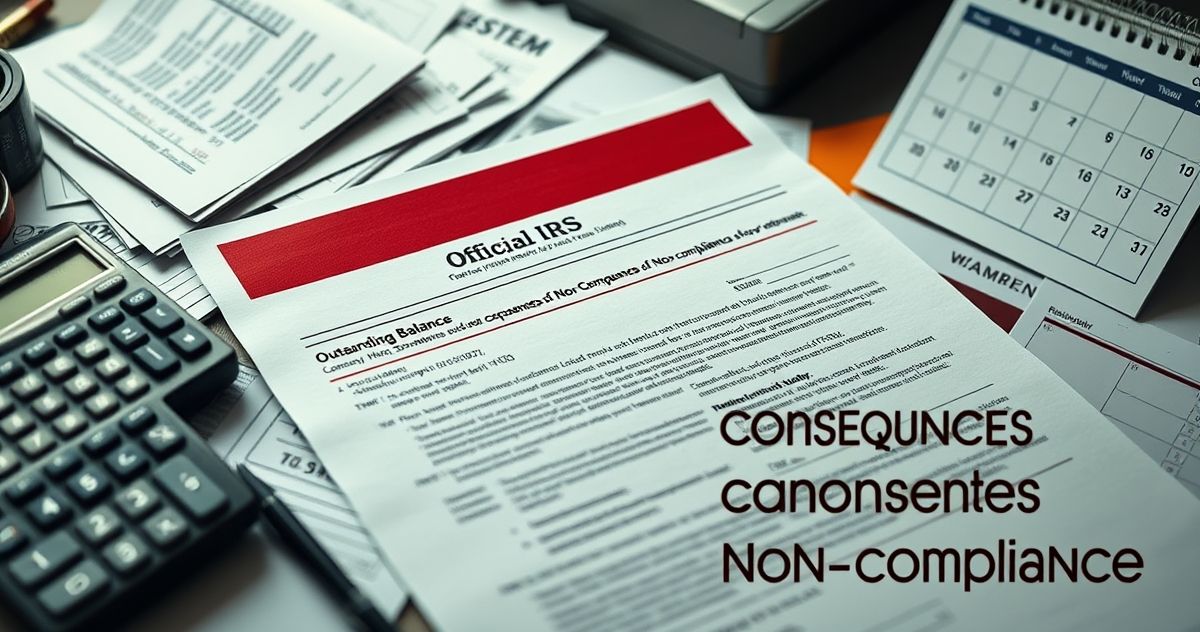CP503W Reminder: A Comprehensive Guide
The CP503W Reminder serves as an official notice from the Internal Revenue Service (IRS), alerting taxpayers to outstanding tax balances. This reminder is part of a series of notices designed to facilitate tax compliance by reminding taxpayers of their financial obligations and prompting them to take necessary actions to resolve any discrepancies within their tax accounts.
Purpose of the CP503W Reminder
The primary purpose of the CP503W Reminder is to notify taxpayers that their previously issued tax bill remains unpaid. This step follows an initial billing notice and functions as a continuation in the series of statutory collections efforts aimed at recovering due taxes. The reminder ensures that taxpayers are adequately informed about their outstanding obligations, providing them with an opportunity to resolve these issues promptly and prevent further escalation.
Key Features of the CP503W Reminder
- Notification of Outstanding Balance: The reminder explicitly states the total amount of tax that remains unpaid, emphasizing the need for immediate action to settle the balance.
- Instructions for Payment: It includes detailed guidance on how to make payments, specifying payment methods, mailing addresses, and any necessary account numbers to ensure the payment is correctly applied.
- Consequences of Non-Compliance: The CP503W Reminder outlines the potential repercussions for failing to address the overdue balance, such as accruing interest, penalties, and potential enforcement actions like tax liens.
Relevant Filing or Compliance Requirements
Upon receiving a CP503W Reminder, taxpayers are expected to comply with the IRS’s instructions to resolve their outstanding balance. This compliance involves ensuring that:
- The full amount due is paid by the specified deadline to avoid additional penalties.
- Payment arrangements or alternatives are considered if full payment is not immediately feasible, such as setting up an installment agreement with the IRS.
- All future tax returns are filed accurately and promptly to prevent similar occurrences.
Penalties or Consequences for Non-Compliance
Failure to address the CP503W Reminder may result in numerous negative ramifications. Financially, this could mean accumulating interest charges and late payment penalties, escalating the total amount owed significantly over time. Furthermore, persistent non-compliance can provoke the IRS to initiate more stringent enforcement actions, including:
- Tax Liens: The IRS might place a legal claim on assets, potentially affecting credit ratings and hampering future financial transactions.
- Levies: In severe cases, the IRS could enforce levies, seizing assets such as bank accounts or garnishing wages to cover the unpaid taxes.
Importance of the CP503W Reminder in Tax Resolution
The CP503W Reminder serves as a critical tool in maintaining tax compliance and resolving potential tax debts. By receiving and responding to this reminder, taxpayers can take proactive steps to address outstanding issues, potentially negotiating better repayment terms or disputing the notice if errors are present.
This reminder also plays a pivotal role in minimizing financial strain by deterring the accrual of additional interest and penalties. Through prompt response and engagement with the IRS, taxpayers can mitigate the risk of enforced collections and ensure that their financial obligations are settled in a manageable manner.
Overall, understanding and appropriately responding to the CP503W Reminder can significantly influence one’s fiscal health, promoting a disciplined approach to managing tax liabilities and ensuring continued compliance with federal tax regulations.
In conclusion, the CP503W Reminder is an essential notice in the broader context of tax collection and compliance, highlighting outstanding balances and encouraging timely resolution of tax liabilities. By adhering to its directives, taxpayers have the opportunity to align their financial practices with IRS expectations, ultimately fostering a healthier financial standing and avoiding the pitfalls of compounding interest and enforcement actions.

